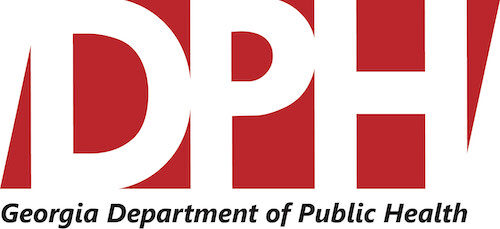Antibiotic Stewardship Epidemiologist I
Category : Alumni
|
The Georgia Department of Public Health (GDPH) is seeking an Epidemiologist 1 to join the antibiotic stewardship team to assist with monitoring antibiotic use (AU) and antibiotic resistance (AR) using the National Healthcare Safety Network (NHSN), the State Electronic Notifiable Disease Surveillance System (SendSS), and other data sources related to antimicrobial use. The Epidemiologist 1 will work closely with Georgia healthcare providers and associations, the Georgia Public Health Laboratory, and epidemiologists in our 18 health districts.
The Epidemiologist 1 provides assistance and expertise for conducting surveillance, investigating antimicrobial use in select AR outbreaks, and analyzing and interpreting data.
|
|
| MINIMUM QUALIFICATIONS: | |
|---|---|
|
Master’s degree in Public Health or closely related field from an accredited college or university
OR Bachelor’s degree in any field from an accredited college or university AND Two years of experience performing epidemiologic work or work in a closely related field. Preferred Qualifications MPH or MSPH from an Association of Schools of Public Health accredited program, with a concentration in Epidemiology or at least 24 credit hours in epidemiology and/or biostatistics. At least one year of experience performing epidemiologic activities. Relevant knowledge of job area indicated by at least three graduate-level credit hours or one year of work experience in that area. Preference will be given to applicants who in addition to meeting the minimum qualifications, possess experience in the following:
|
|
| ADDITIONAL INFORMATION: | |
|
Georgia Department of Public Health Commissioner and leaders encourages all employees to engage in regular wellness activities and to make lifestyle choices that promote health and well-being.
The use of wellness breaks during the workday is authorized to support this philosophy and assist employees in meeting their wellness goals. A maximum of 30 minutes in a given workday may be used to engage in wellness activities, generally in the form of two 15-minute breaks or one 30-minute break. To apply click here.
|
